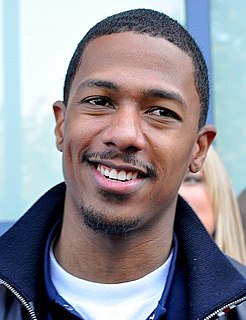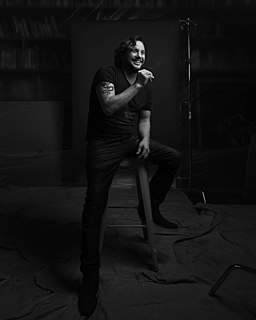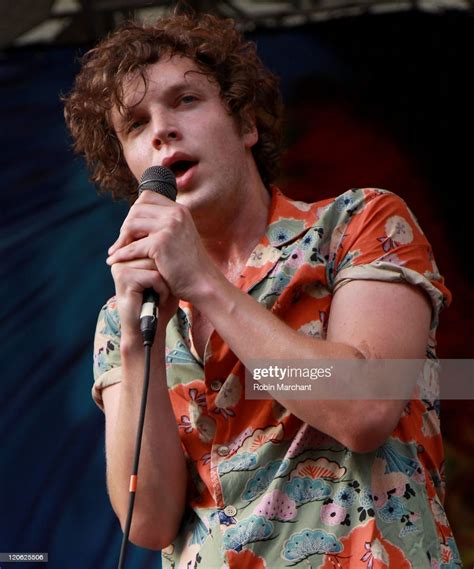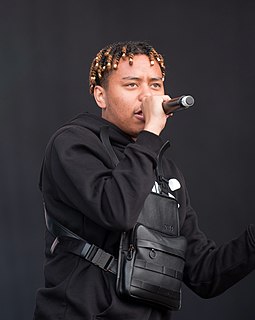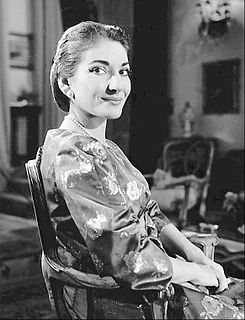A Quote by Asghar Farhadi
I really think that people who want to think more serious have to go and watch theater. Theater is a very sterilized art form. Not as much as music, but very close to music.
Related Quotes
The condition of the theater is always an accurate measure of the cultural health of a nation. A play always exists in the present tense (if it is a valuable one), and its music -- its special noise -- is always contemporary. The most valuable function of the theater as an art form is to tell us who we are, and the health of the theater is determined by how much of that we want to know.
I certainly never pictured myself even attending the Academy Awards, much less winning at 56. I very, very happily settled into a theater career. I did more than that, but I let all of my agents and people go. I said, 'I don't want to be promoted in film anymore. I have enough to do in the theater, so I'm just going to carry on.'
In so many areas, when you think about it, you never really see an actor cross over to music. It always music to acting and it's receivable because when music gives a form of entertainment of art to where it's very personable, it's a passion, it's an intimate type of art to when you hear it, it's them.
If I was a young director starting off, there's so many tools at your disposal now to do things relatively inexpensively that it's a great time to learn your chops and do some cool music videos. If I started all over again, I'd still be doing music videos, I'd just be doing them very differently. It's very difficult for me to do them now, but for young kids out there that love music and want to tackle a different art form - and I do think music video is an art form - that's a very cool thing to do.
I love musicals but it's very, very different. It's really just a different form than serious drama, and has very different rules and a completely different set of characters and requirements and ambitions. It maybe shouldn't be as separate as it is, but it's got a different history. In terms of serious drama, I think you'd have to say that you could break it down essentially into the narrative realist tradition and experimental theater.
The first thing is to accept that theater is an unknown. If you go to a concert, you know the music. If you go to an art show, you can literally see the art on your phone before you see it in person. But with theater, often times people aren't prepared to take risks, even though that's exactly what's great about it.
Saying you're a pop group isn't saying very much. Personally, when I think of pop, I think of instant, accessible, catchy songs - I definitely identify our music as that. I think that by writing pop, or instant, accessible or hopefully catchy music, it shoes you into bigger audiences because it seems that more people like that music. I think the possibilities are endless if you stick to a simplistic short song; the music can be as wild and bizarre as you want it to be, as long as at the core of it, there's something really strong.
Popular music of the last 50 years has failed to keep in step with advances in musical theater, namely Stephen Sondheim. But the two have grown apart so that popular music is based more than ever on a rhythmic grid that is irrelevant in musical theater. In popular music, words matter less and less. Especially now that it's so international, the fewer words the better. While theater music becomes more and more confined to a few blocks in midtown.
There are many fans of hard rock music that have been wrongly pigeonholed as apathetic. This music is not music for the elitist coffeehouse culture in SoHo. It' s rock 'n' roll music for kids across the land, and I think that makes it much more subversive in a way, in that it has the form and the function of a powerful, populist music, but it can carry very incendiary messages.
The theater itself is so archaic and old fashioned, that it doesn't really matter to me whether it's on Avenue D or at the Helen Hayes Theater. What's the difference? It's still a very nostalgic form. Also, it means you're knowingly walking into a room where there's actors. I feel it's very embarrassing. Because, you know, they're right there. You always think like, they can see you, and I think it's mortifying, frankly, and I hate to sit near the front, where you feel they actually might see you. It's too ... it's too live.
It takes a little more time to get into the role, but not very much more. In making a record you don't have the sense of projection over a distance as in an opera house. We have this microphone and this magnifies all details of a performance, all exaggerations. In the theater, you can get away with a very large, very grand phrase. For the microphone, you have to tone it down. It's the same as making a film, your gestures will be seen in close-up, so they cannot be exaggerated as they would be in a theater.



